
Racism, a deeply rooted societal issue, is often misunderstood and shrouded in misconceptions. Understanding these fallacies is crucial for effective dialogue and progress toward a more equitable society. This article aims to debunk 12 common misconceptions about racism, providing a clearer perspective on this complex and pervasive issue.
1. Racism is Only Overt Discrimination

One common misconception is that racism is limited to overt acts of discrimination or hate speech. In reality, racism often operates subtly through systemic biases and institutional structures.
It’s not always about explicit prejudice; sometimes, it’s about the unnoticed norms and practices that uphold racial inequities. Understanding that racism can be both overt and covert is essential in recognizing its full impact. This broader perspective is crucial for addressing all forms of racial injustice.
2. Racism is a Thing of the Past
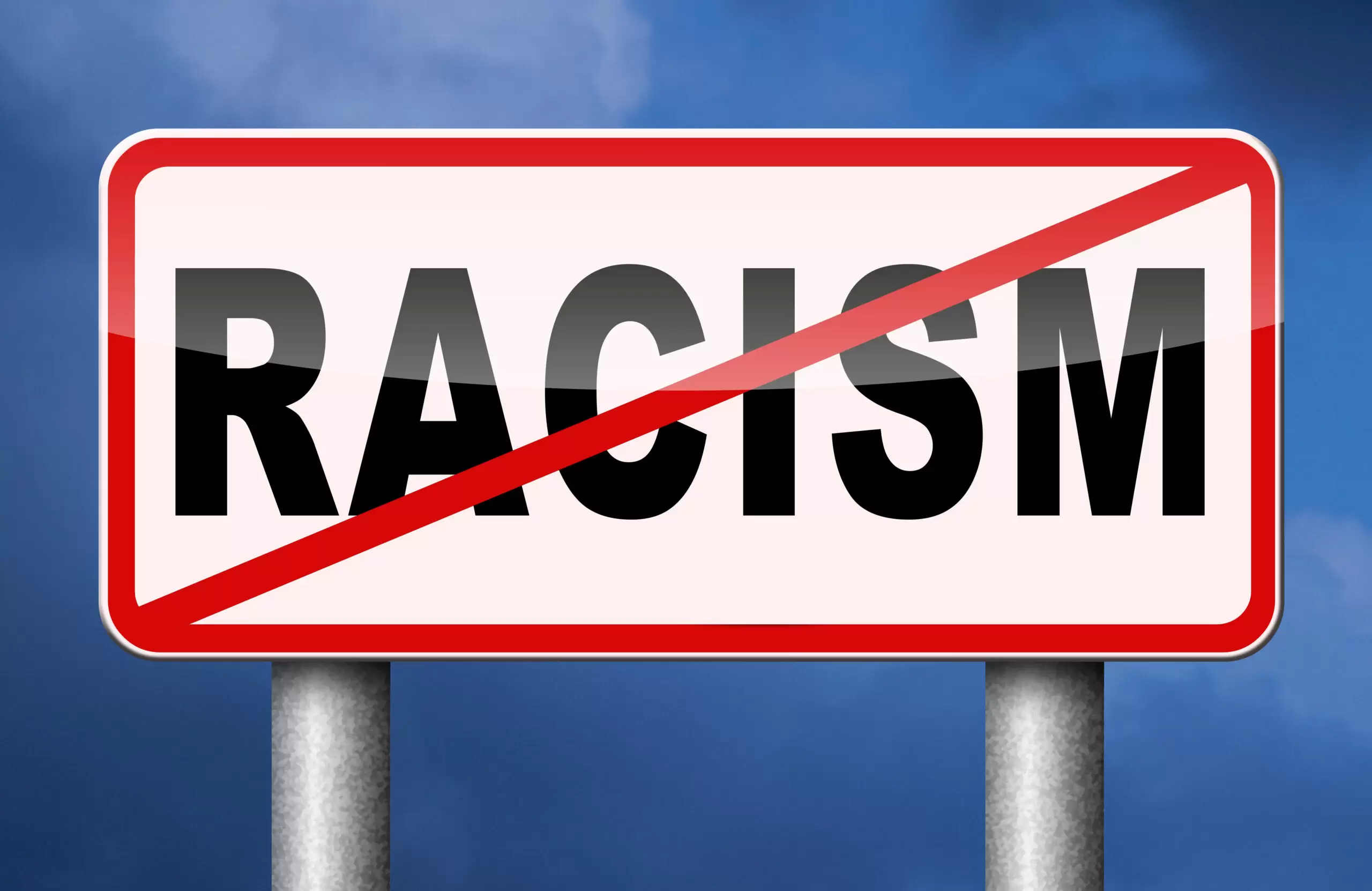
Another widespread belief is that racism is a relic of the past, particularly in societies with historical civil rights movements. However, the legacy of racism persists in many aspects of modern life, including access to education, employment, and healthcare.
Racism adapts and evolves, often in more insidious ways, making it a present-day issue that requires ongoing attention and action. The assumption that racism no longer exists hinders progress and ignores the experiences of those who continue to face racial discrimination.
3. Only Certain Races Experience Racism
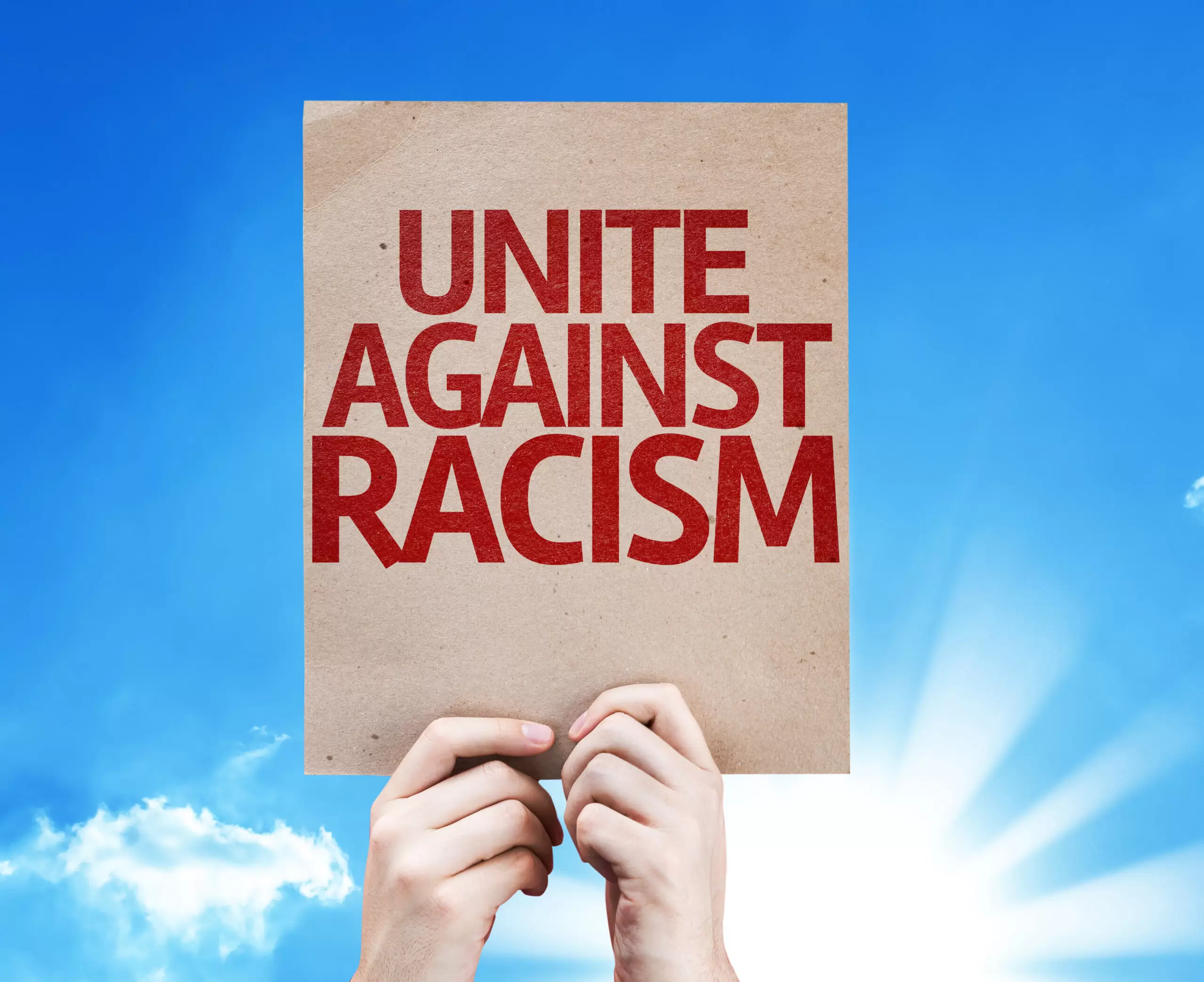
Racism is often seen as an issue that only affects certain racial groups, but it can impact anyone, regardless of their background.
While some groups may face more systemic discrimination, racism is not exclusive to any one race. It is a multifaceted issue that can manifest in prejudice against any racial group.
Acknowledging this helps in creating a more inclusive approach to combating racism. It’s important to recognize that racism is a universal issue that can affect anyone.
4. Racism is Always Intentional

Many believe that racism is always a result of conscious, intentional bias. However, racism can also be unintentional, stemming from unconscious biases and societal conditioning.
People can perpetuate racist attitudes and behaviors without malicious intent, often due to a lack of awareness. Understanding the role of unconscious bias is crucial in addressing racism effectively. It’s important to recognize and challenge our own biases, even if they are not deliberate.
5. Talking About Race Fuels Racism

Some argue that discussing race and racism only perpetuates the problem. In reality, open and honest dialogue about race is essential for understanding and addressing racial issues.
Avoiding the topic of race does not make racism disappear; it simply allows it to continue unchallenged. Constructive conversations about race can lead to greater awareness, empathy, and change. Silence on racial issues often benefits the status quo and hinders progress.
6. Anti-Racist Efforts Benefit Only Minority Groups

There’s a misconception that anti-racist efforts solely benefit racial minorities. In truth, dismantling racism creates a more just and equitable society for everyone.
When racial barriers are removed, all members of society can benefit from increased diversity, improved social cohesion, and a fairer system. Anti-racist policies and practices lead to healthier, more inclusive communities. Addressing racism is not about favoring one group over another: it’s about creating equality and fairness for all.
7. Racism is Just About Personal Prejudice

Many view racism solely as a matter of personal prejudice or individual acts of discrimination. However, racism also includes systemic issues, where societal structures and institutions perpetuate racial inequalities.
Systemic racism is often embedded in policies, practices, and cultural norms, making it more pervasive and harder to eradicate.
Understanding racism as both a personal and systemic issue is crucial for comprehensive anti-racist strategies. It’s not just about changing individual attitudes but also about transforming societal structures.
8. Racism Does Not Affect Mental Health
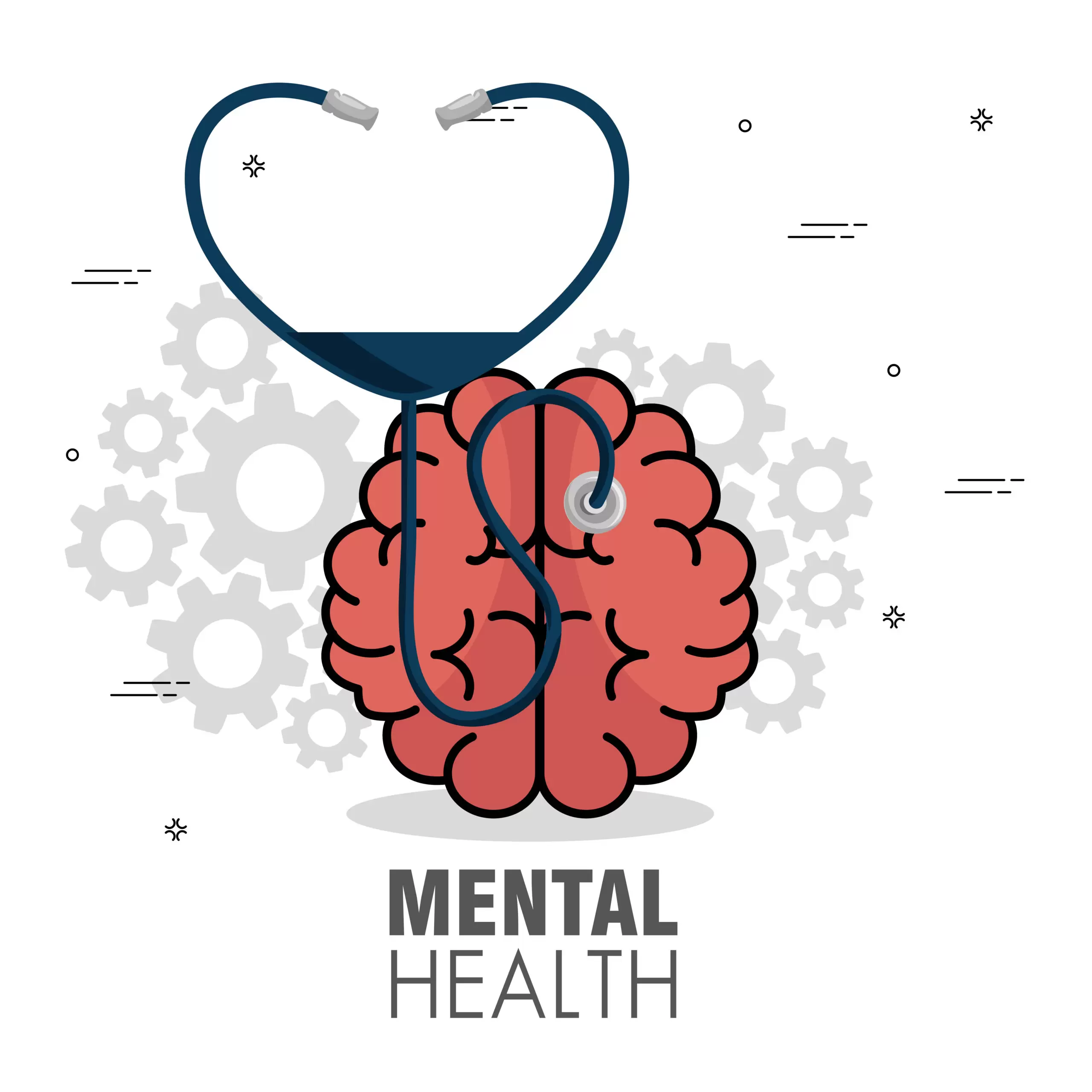
The impact of racism on mental health is often overlooked. Experiencing or witnessing racism can lead to a range of psychological issues, including anxiety, depression, and trauma.
The stress of dealing with racial discrimination can have long-term effects on mental well-being. It’s important to acknowledge and address the mental health consequences of racism for both individuals and communities. Providing mental health support and resources is an essential part of combating the effects of racism.
9. Equity Measures are Reverse Racism
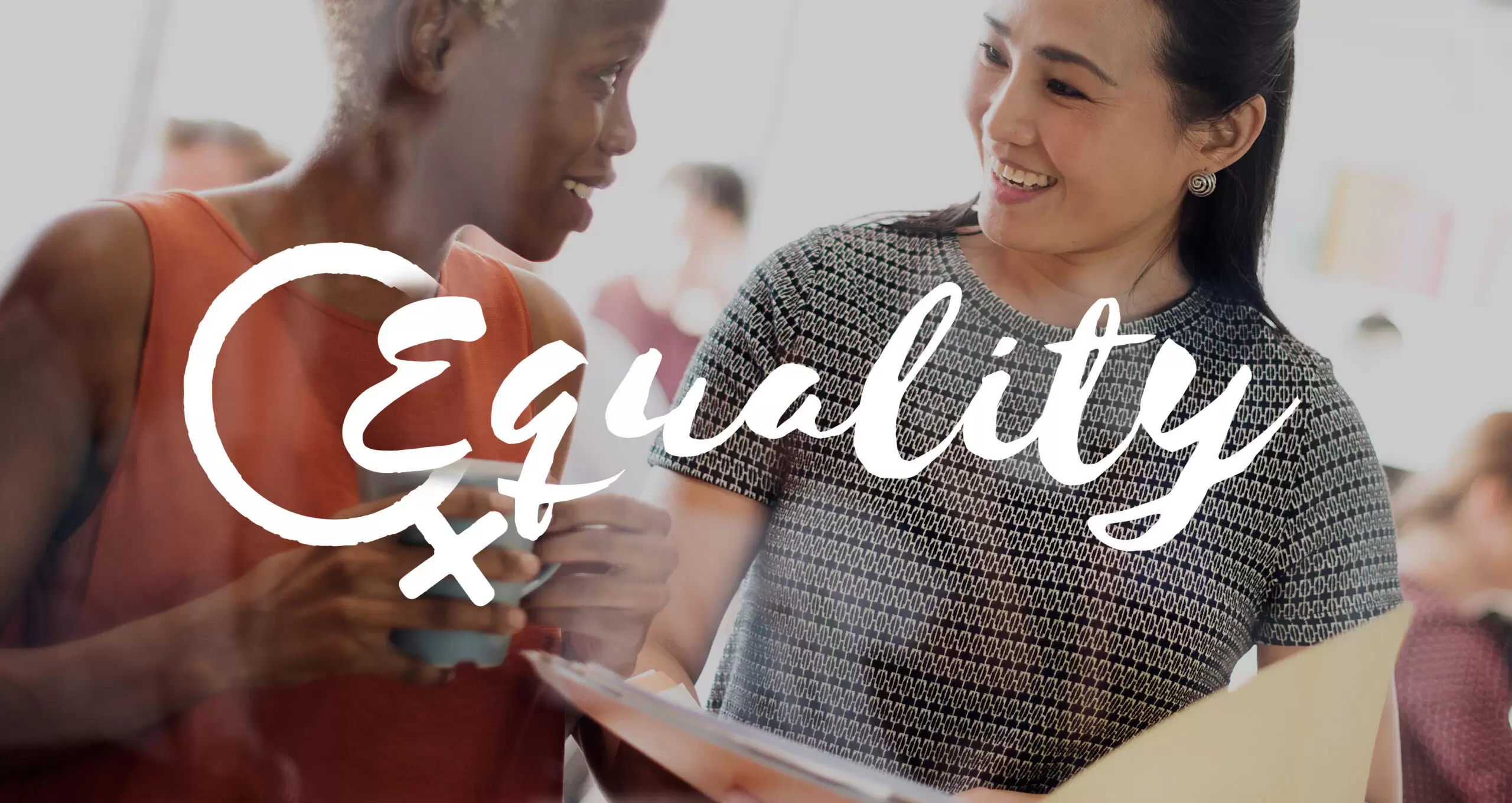
The concept of reverse racism arises from the misconception that equity measures, such as affirmative action, unfairly disadvantage non-minority groups.
In reality, these measures aim to level the playing field and address historical and systemic disadvantages faced by minority groups.
They are not about giving undue advantages but about correcting longstanding inequalities. Understanding the purpose of equity measures is key to recognizing their role in creating a fairer society. These initiatives are about achieving equality, not reversing discrimination.
10. All Members of a Racial Group Have the Same Experience

Assuming that all members of a particular racial group have a uniform experience is a common fallacy. Within any racial group, there is a diversity of experiences, perspectives, and backgrounds.
Generalizing a whole group based on the experience of some disregards individual differences and complexities. Recognizing the diversity within racial groups is essential for a nuanced understanding of racism. It’s important to listen to a range of voices and experiences within any community.
11. Racism Can Be Solved Quickly
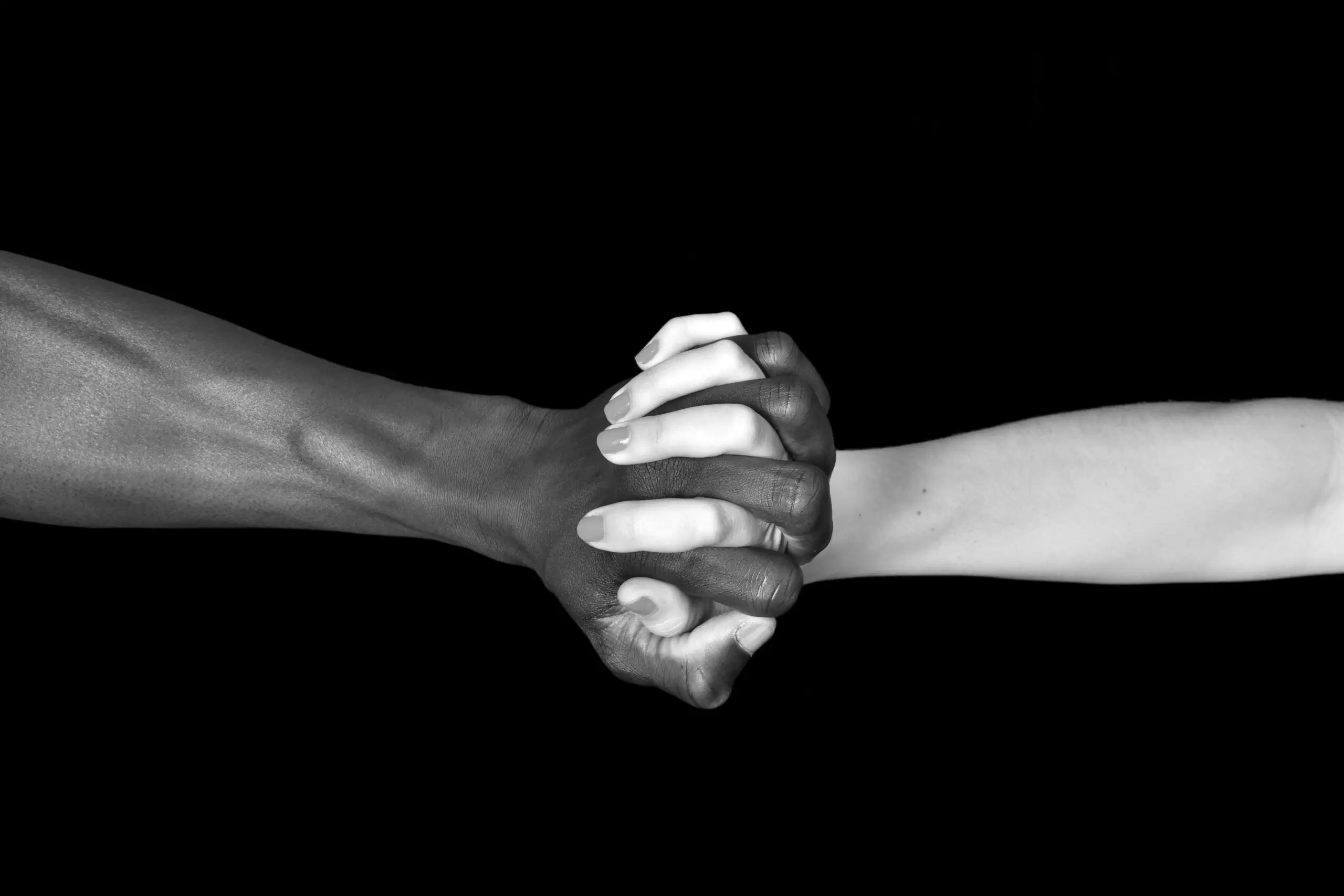
Expecting quick solutions to racism is unrealistic given its deep-rooted nature and complexity. Addressing racism requires sustained effort, education, and systemic change over time.
It’s not an issue that can be resolved with short-term measures or superficial fixes. Patience and perseverance are key in the fight against racism. Long-term commitment and ongoing action are necessary for meaningful change.
12. Individual Actions Don’t Make a Difference in Fighting Racism
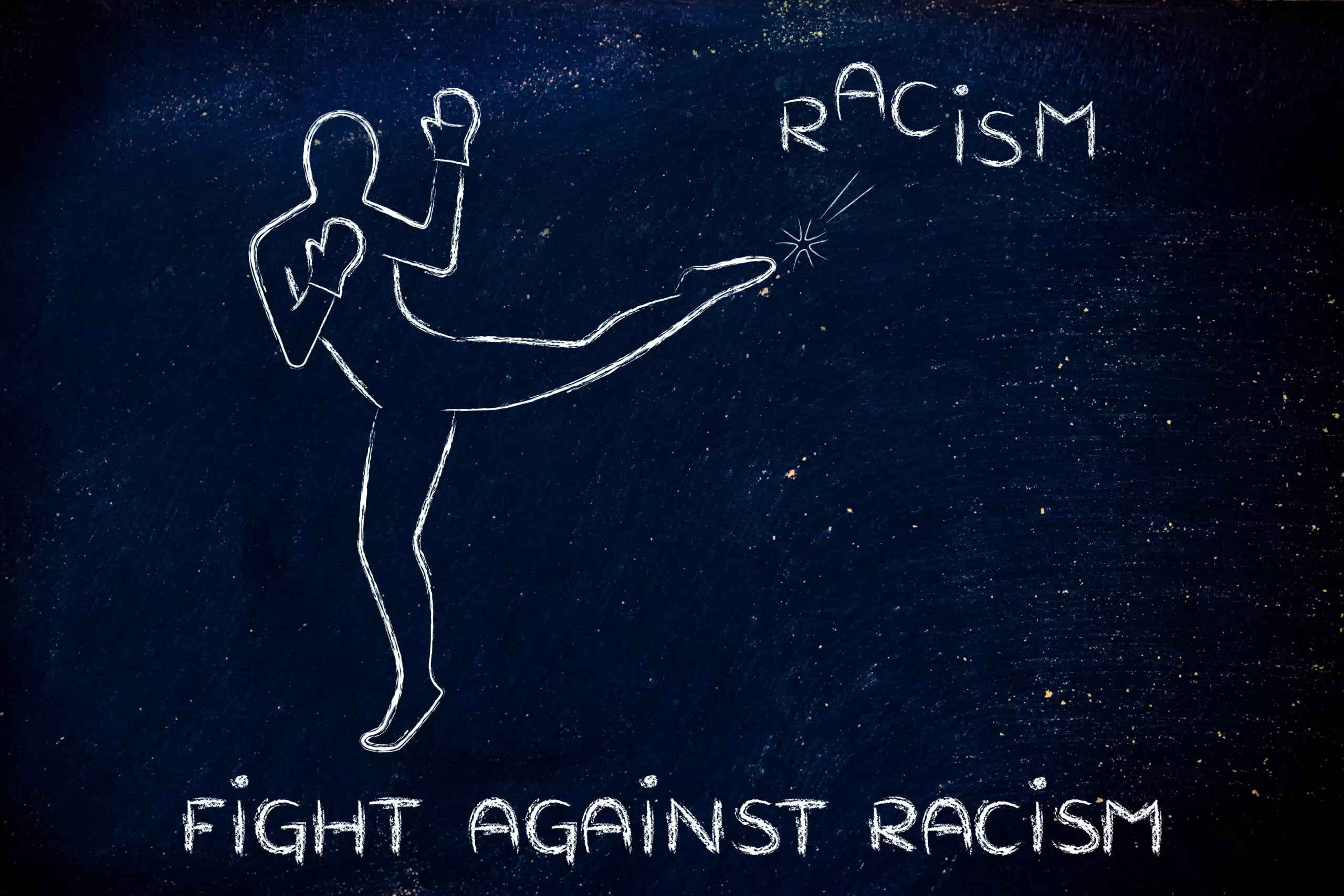
Finally, there’s a misconception that individual actions are insignificant in the larger fight against racism. However, individual efforts, such as educating oneself, speaking out against racism, and supporting anti-racist policies, can collectively make a significant impact.
Every person has a role to play in creating a more equitable society. Small actions, when multiplied across individuals, can lead to substantial societal change. Never underestimate the power of individual responsibility and action in combating racism.
Debunking These Misconceptions

Debunking these misconceptions about racism is vital for a deeper understanding and effective action against racial injustices.
Awareness, education, and a commitment to change at both personal and systemic levels are key to dismantling the complex structures of racism. By challenging these myths, we can work towards a society where equality and respect for all are not just ideals but realities.
How To Become Rich Overnight: Realistic Ways To Make It Happen
11 Workplace Practices from the Early 2000s That Would Shock Gen Z Professionals

Latrice is a dedicated professional with a rich background in social work, complemented by an Associate Degree in the field. Her journey has been uniquely shaped by the rewarding experience of being a stay-at-home mom to her two children, aged 13 and 5. This role has not only been a testament to her commitment to family but has also provided her with invaluable life lessons and insights.
As a mother, Latrice has embraced the opportunity to educate her children on essential life skills, with a special focus on financial literacy, the nuances of life, and the importance of inner peace.
